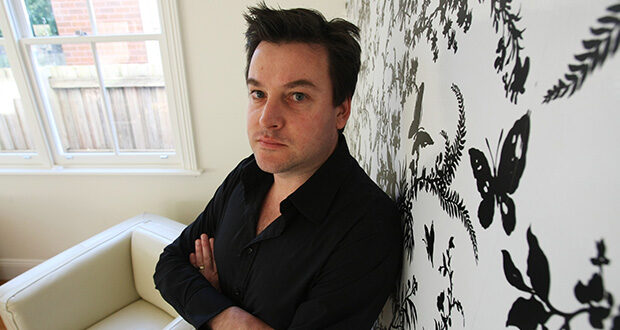A neurology professor has foreshadowed a rapid increase in dementia cases within the next five years and has advised aged care providers to speed up staff training and facility designs.
Over 400,000 Australians are living with dementia, and the number is expected to grow to over 800,000 in the next 25 years.
While current data estimated that over half of the people in residential care are living with dementia, research suggested the disease could be 'severely underdiagnosed.'
Sydney University's Brain and Mind Centre professor, Matthew Kiernan, said more and more industry groups have reached out for help developing dementia care facilities.
"It hasn't hit home yet, but this is just the beginning," Kiernan said.
"The number of dementia cases will increase rapidly within the upcoming years.
"This will cause a massive problem for society, including aged care."
February last, federal data reported that dementia had become the lead disease burden for people over 65.
It estimated that people collectively lost nearly 230,000 years of healthy life to dementia in 2020 – a 61 per cent increase in overall impact since 2011.
Overall, dementia is associated with higher levels of care, requiring more staff and sometimes specialised facilities.
Over 80 per cent of people with dementia needed high levels of care for cognitive and behavioural help.
Kiernan said that it would 'take a lot of planning' for aged care and society to prepare the future for the high number of people living with dementia.
"The cost to society of managing this large population of dementia patients is going to overwhelm Australia," he said.
"So, we're much better off putting in work now, which includes more funding, research, and preparing the aged care sector."
Kiernan said that as the idea of aged care shifts from hospital-like facilities to home-like environments, we should think about how to implement dementia-friendly spaces better.
He also said there needs to be more dementia training for staff.
Training on managing and caring for someone with dementia is not mandatory, and research has indicated a lack of understanding among staff.
"We want to create an enriching environment for people living with dementia," Kiernan said
"And it can all go very well - it could become a boom for society.
"But we have to, as a society, take this message on board."
Dementia is an overarching term for various types of diseases that progressively cause brain damage and affect a person's memory and cognitive skills.
Alzheimer's disease is the most well-known and most common form of dementia, accounting for 60-70 per cent of all global cases.
Vascular dementia and Lewy Body disease are the second and third most prevalent, respectively.
As of today, no definitive cure for dementia has been identified.
Kiernan said it could be that each form of dementia would also need a different type of treatment as most have different pathologies and proteins involved.
Whereas Alzheimer's has been associated with a build-up of the protein amyloid, frontotemporal dementia has been linked to protein TDP-43.
On the other hand, various research has connected the protein α-Synuclein with Parkinson's disease.
"We have an idea of what proteins in the brain are involved, but we don't know what causes the development/ initiation of those proteins in the brain," Kiernan said.
"Nor do we know the cause of the spread of those proteins in the brain.
"And without understanding the pathophysiology of the disease, we can't come up with decent treatments."
Another challenge is designing medication that can pass through the blood-brain barrier.
The blood-brain barrier protects the brain against toxins or pathogens circulating in the bloodstream.
Consequently, Kiernan said no medicine is available to treat the specific brain areas affected.
"It's a real problem," he said.
"Whereas most medications can be sent to other systems of the body, we currently can't give focus treatment.
"So, we should prepare not only for aged care but also society for significantly more dementia cases soon."
Do you have an idea for a story?Email [email protected]
 Aged Care Insite Australia's number one aged care news source
Aged Care Insite Australia's number one aged care news source

